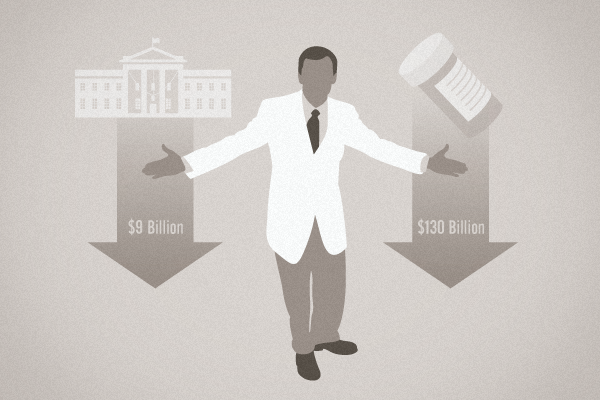According to a new collaborative study, “Smart design of health insurance exchanges that will enable Americans to purchase individual coverage under the Affordable Care Act could save consumers and the government more than $9 billion annually.”
The study was called “Can Consumers Make Affordable Care Affordable? The Value of Choice Architecture,” and it tested the ability of consumers to choose the best health insurance plan for their needs without assistance. FierceHealthIT claims, “Most participants struggled to make the most cost-effective choices for themselves and their families.” Which on one hand is just sad, that Americans have trouble buying anything (since it’s safe to say consumer spending drives our country). However, it does draw attention to an inarguable truth out–bureaucracy selling anything tends towards confusing, unfavorable market outcomes. Perhaps part of the reason is the lack of realistic motivators.
Now this is hypothetical, but we were wondering what would happen if direct care was widely adopted in the United States? Keep in mind that the insurance exchange saving $9 billion annually is pennies on the dollar within the $2.7 trillion healthcare industry (you can check the government research here). Within this same research, we learned that prescriptions account for ~$ 260 billion annually. As it stands, we are able to save our patients exorbitantly by buying from wholesale distributors and dispensing prescriptions ourselves. Our average savings is something closer to 75% off market value. But even if direct care cut prescription cost by half, we’d be looking at $130 billion in savings. Again, this is speculative, and disruptive, but proves the point that creating and staffing new government agencies, and inventing new administrative hurdles all to save $9 billion is plain dumb when promoting a boon in our industry (which could be done with tax breaks for new direct care businesses) could save us substantially more. There are other benefits, too, like encouraging proactive medicine that helps patients, and motivating doctors to pick up their stethoscopes instead of abandoning their posts.
Just saying. Either way, you can read the complete FierceHealthIT article here.
